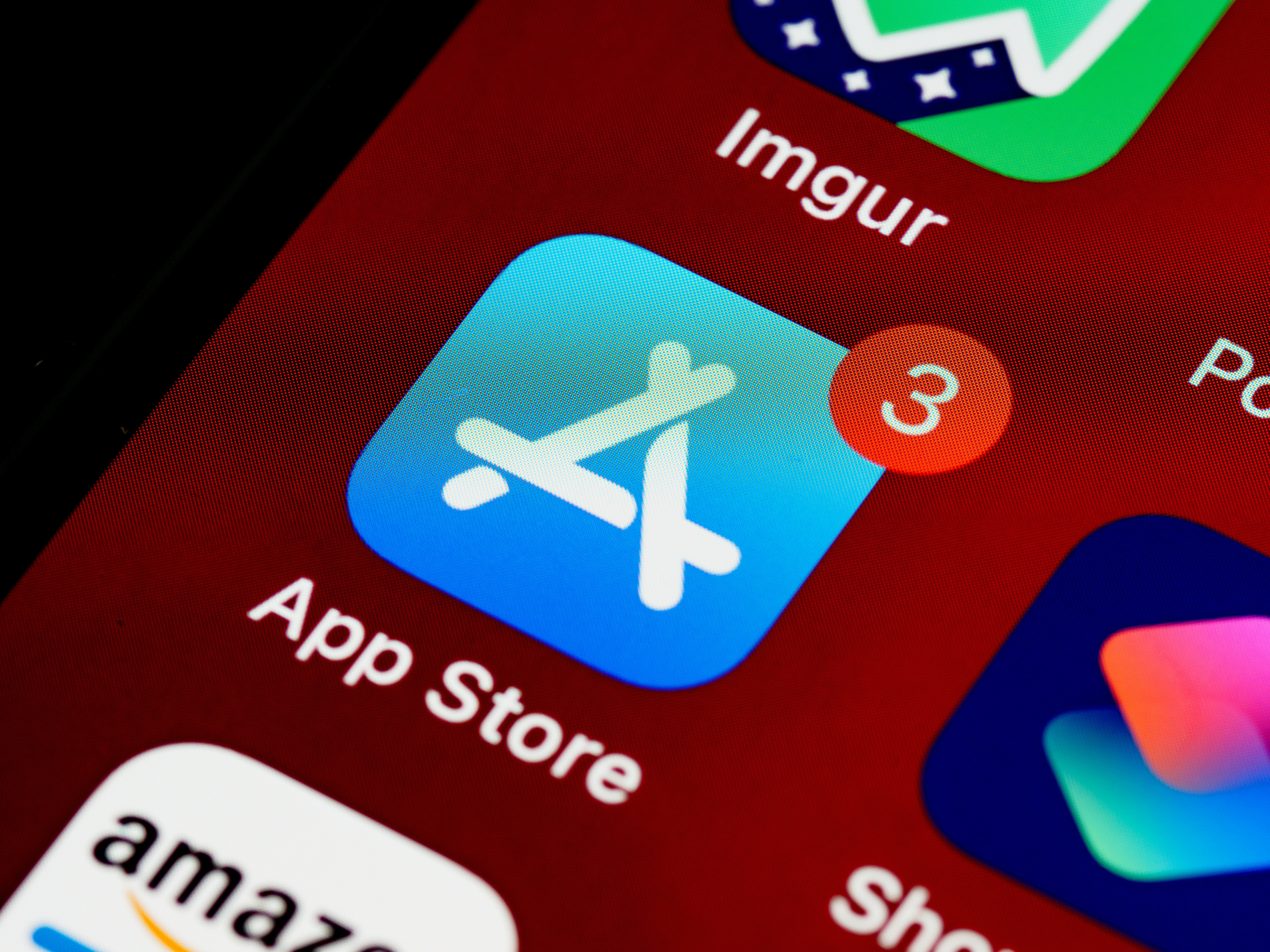 There is an app for almost everything, including ones to help manage your mental health. The market seems to have no limits; apps promising relief from the pain of losing a loved one, or sleep deprivation, are as prevalent as anxiety apps.
There is an app for almost everything, including ones to help manage your mental health. The market seems to have no limits; apps promising relief from the pain of losing a loved one, or sleep deprivation, are as prevalent as anxiety apps.
In a 2021 study conducted by the Acta Psychiatrica Scandinavica, objective metrics from 29,190 data points from 278 apps were analyzed to assess the mental health apps marketplaces. They found, “Current app marketplace metrics commonly used to evaluate apps do not offer an accurate representation of individual apps or a comprehensive overview of the entire space. The majority of apps overlap in terms of features offered, with many domains and other features not well represented. Selecting an appropriate app continues to require personal matching given no clear trends or guidance offered by quantitative metrics alone.”
Given the large number of people suffering from various mental health issues and the importance of it, it raised questions as to what providers, clients, and app developers thought on why this was, how we could better evaluate the effectiveness of mental health apps, and lastly, if they think it's ethical to continue releasing apps into the market when a consistent measure of their effectiveness appears to be lacking.
Michael Fischer, the founder of Elitehrt, says that most mental health apps are designed based on the latest advancements in the mental health field. He goes on to explain that mental health is a newer field in the health sector, thus, there are advancements and information being updated all the time, which he says works differently for different people. “Some people like meditation apps, which have a standard practice, while other people prefer online therapy, which can give various results. At the end of the day, it depends on the people running the apps and the commitment of their users, which can vary,” he adds.
Therapist Alphonso Nathan, LPC believes that a quantitative approach should not be used to assess mental health apps. Instead, he suggests we use a qualitative approach explaining that “the person's experience is unique, so a qualitative approach is much more feasible to measure the effectiveness of an app. We also have to take into account the user's previous mental health knowledge, are they currently in therapy, and the severity of their mental health.”
“App evaluation should begin with the needs analysis that drives the software, and in most of these apps, it seems like it was done by programmers and clinicians instead of users. And in many of them, it's all read, write, watch, download,” says Elizabeth Power of EPower & Associates. Therapist Eric Patterson, LPC with ChoosingTherapy, tends to have a similar approach to assessing mental health apps, as he also believes that the interests of users should be taken into consideration when evaluating apps. He explains that measuring mental health symptoms is difficult, so assessing the effectiveness of various mental health apps is next to impossible. “Rather than focusing on finding ways to measure apps, it is probably helpful to allow users to determine which aspects of which apps appeal most to them. This way the user’s interest and engagement will indicate the effectiveness of the app,” he explains.
Chris McGuire, founder of Real Estate Exam Ninja feels that help from an actual professional is a must in order to be able to successfully measure a mental health app, rather than ratings and downloads from other users. “The inconsistencies in ratings, updates, and downloads show that people prefer different interventions, and this is just the same when you seek mental health support from professionals. Not every intervention can work for you, so you need help to personalize it according to your need,” he adds.
Dr. Jake Heath-Grey says that the current mental health app marketplace does not consider the success rate of artificial intelligence (AI) when designing such apps. He goes on to explain that “implementation issues with AI in many healthcare organizations have been increasing and the apps designed for market are fundamentally limited by having them native and only on Android and IOS platforms. The apps lack the precision of more algorithmic systems suited to treating the patient as an individual and not a commodity.”
While the new advancements in the mental health app marketplace should be appreciated, all agree that more needs to be done in order to be able to better assess the effectiveness of mental health apps.
Tina Arnoldi, MA is a marketing consultant and freelance writer in Charleston SC. Learn more about her and connect at TinaArnoldi.com